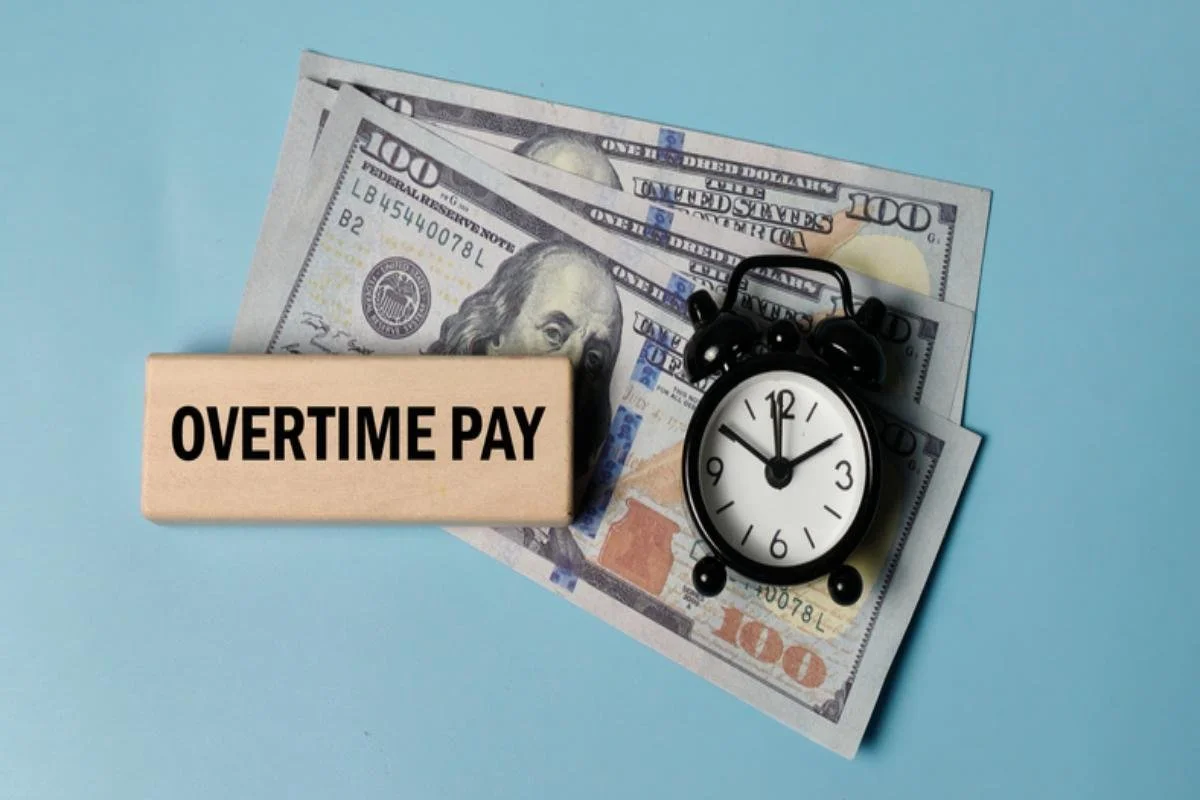Discouraging Workers from Taking Meal Breaks Cost Walmart over $6M
/Two Walmart workers filed a California class-action lawsuit alleging lost meal breaks due to mandatory security checks. The plaintiffs, Chelsea Hamilton and Alyssa Hernandez, contended that the required security search took a lot of time, was intrusive and embarrassing. Plaintiffs did not claim that Walmart prohibited them from taking their break, but they did insist they were discouraged. Discouraging employees from taking their legally protected meal break cost Walmart $6.1 million when the jury awarded Walmart workers in April.
Throughout the years, lawsuits filed by employees have resulted in rulings on what employers can do, what employers cannot do, and what employers are required to do in different legal areas. One of the most common disputed areas is rest and meal breaks. This case makes it clear that employers may not make it too hard or too much of a hassle for their employees to take their legally protected meal breaks. Some say that “meal break discouragement” theory could be an important new element of California labor law.
According to the California Labor Code, non-exempt workers are entitled to receive a 30-minute meal break if they work over 5 hours in one day. Employers are not required to pay employees for the meal break. Employees who work more than 10 hours in one day are entitled to additional meal breaks. Employers are also required to provide employees with 10-minute breaks every 4 hours on the job. Unlike meal breaks, employers are required by law to pay employees during their mandatory 10-minute breaks.
Employers who do not comply with meal and rest break law are required to provide employees who missed mandatory breaks with one additional hour of regular pay for each day during which a meal break violation occurred. Another extra hour of payment is required for each day during which a rest break violation occurred during their work shift.
Past lawsuits and findings of the court have made it clear that both rest and meal breaks must be free of job duties and uninterrupted (this includes running errands for the company/employer or being on call).
If you are experiencing meal and rest break violations in the workplace or if your employer does not offer meal or rest breaks to employees, please get in touch with one of the experienced employment law attorneys at Blumenthal Nordrehaug Bhowmik De Blouw LLP can help. Find the employment law office nearest you: San Diego, San Francisco, Sacramento, Santa Clara, Los Angeles, Riverside, Orange or Chicago.






